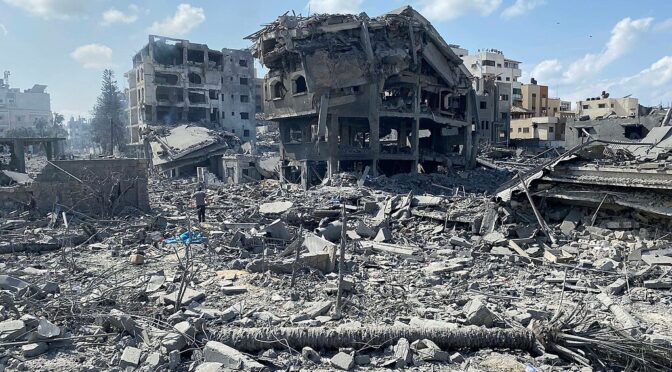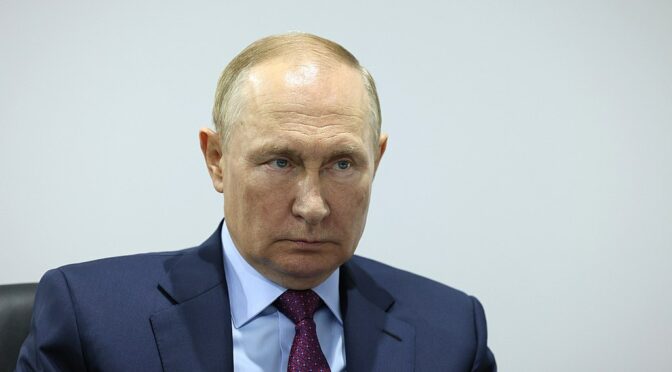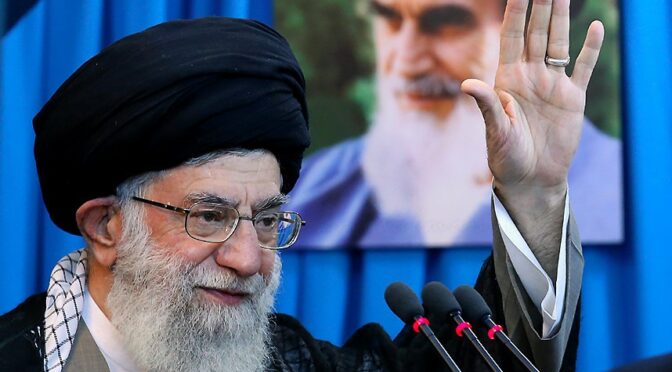Article published in The Sun, 28 October 2023. © Richard Kemp
Hamas is the only ‘army’ in the history of war that has deliberately sought to provoke its enemy to kill its own people.
This is what its entire strategy is based on. Those in Britain taking to the streets to call for a ceasefire should remember this.
Hamas slaughtered more than 1,400 innocent Israelis in their barbaric attack of October 7.
The terrorists will have been stunned at their own success.
Their attack was carefully planned and prepared. They caught their victims unawares.
Israel had no idea it was coming. Many of their victims were sleeping in their beds when Hamas pounced.
But Hamas could never have expected to achieve so much killing and destruction without being stopped by Israeli forces long before they were. There was bloodshed on both sides.
Around 1,500 Hamas terrorists — many in their so-called ‘elite’ forces — were killed inside Israel.
But that doesn’t really matter to them compared to the blow they have dealt to Israel.
That is the point. To Hamas, life is cheap.
They care even less about the Gazan civilians who have died as a result of Israeli air strikes. In fact, they welcome those deaths.
When they launched the assault through the Gaza border fence, they knew what the consequences would be.
It is the same as occurs every time they attack Israel, whether by tunnel, rocket, anti-tank missile or probe from the sea: Israeli air strikes and either limited or full-scale ground incursions.
That is what they want.
They know that fighting from within the population will eventually lead to civilian casualties.
Hamas embed themselves in the civilian population. They have been accused of having military lairs underneath hospitals.
Their infamous tunnels — which they are now holding Israeli hostages in — criss-cross the ground underneath the densely populated city of Gaza above.
Some people call them human shields, but I prefer to call them human sacrifices. Continue reading






